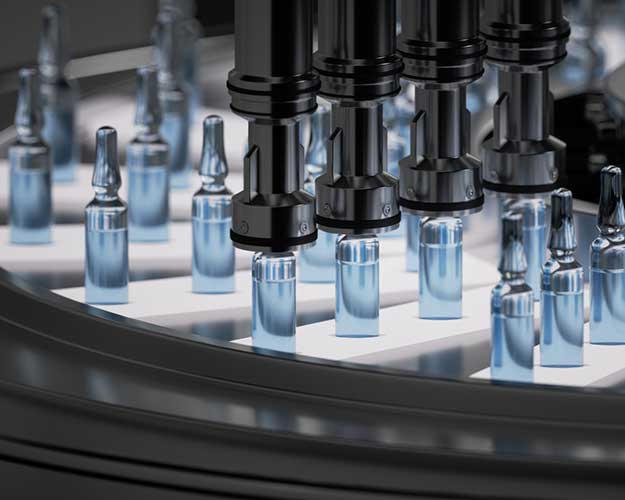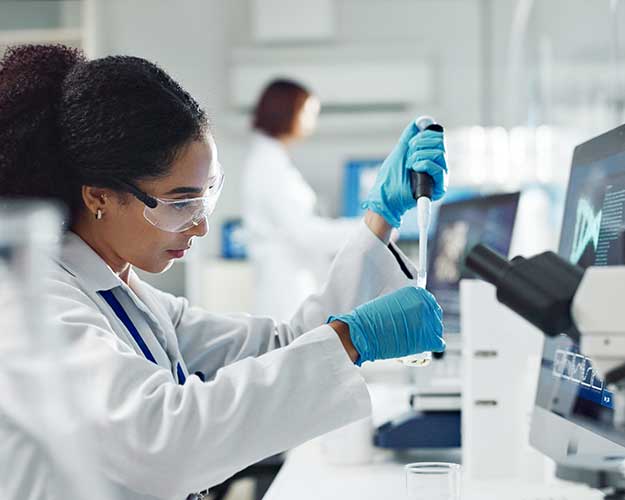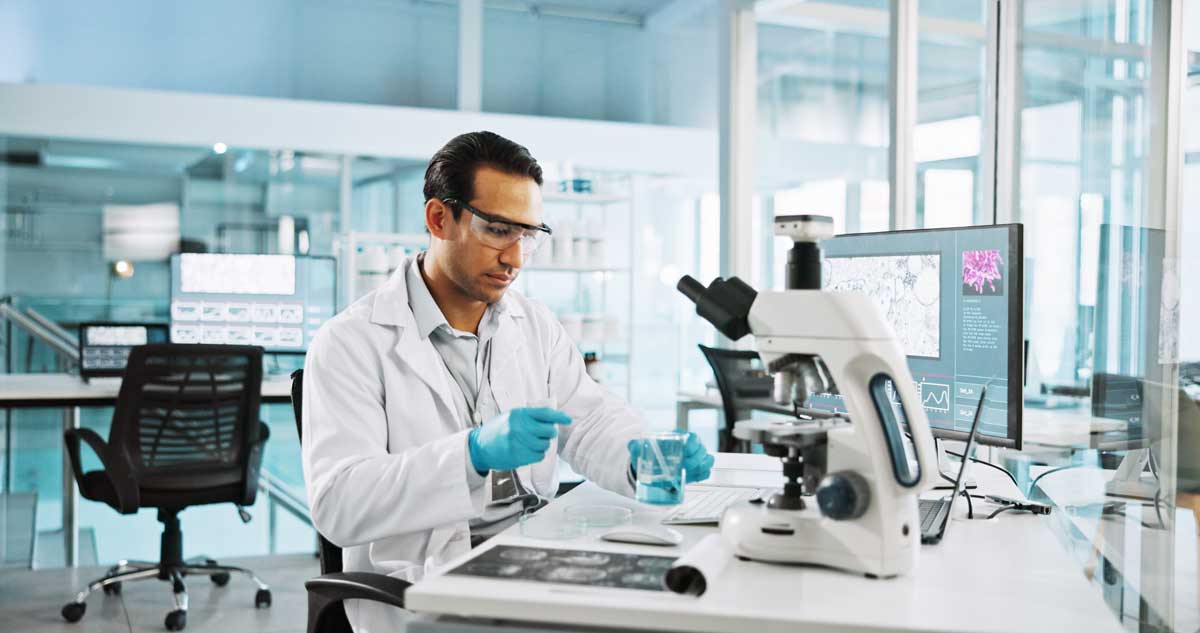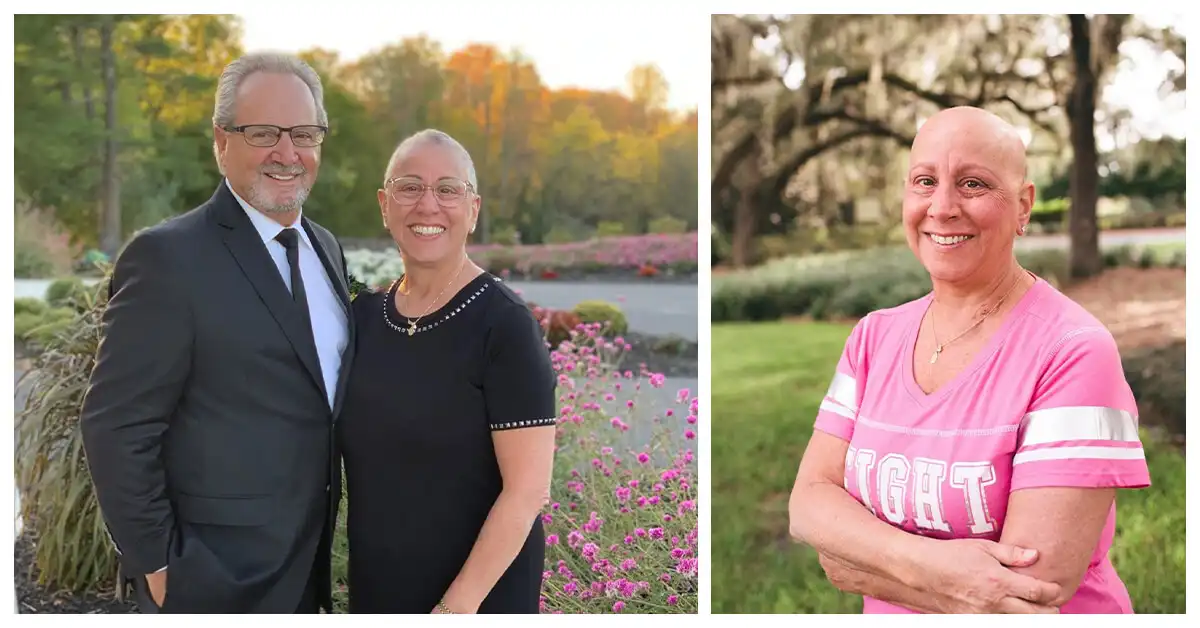genetic sequencing for cancer treatments allow customized care
By April, inboxes start filling with reminders that Mother’s Day is just around the corner. Newsfeeds overflow with curated lists of the “Top 10” gift ideas—one standout even offered a fully customizable necklace, letting you choose everything from the size and metal to the shape, color, and type of stone.

Today there is an ever-growing list of products that can be customized to our exact wants and needs. The payoffs to brands include customer loyalty, profits and positive word-of-mouth marketing.
A parallel form of personalization is occurring in cancer treatment, with the benefits measured in cure rates and quality of life for patients.
Thanks to rapid advancements in precision medicine, oncologists are increasingly able to personalize cancer treatment based on a patient’s very specific and unique molecular structure as determined through a technology known as next-generation sequencing (NGS).
The more than two million cases of cancer that will be diagnosed in the U.S. this year will initially be classified by type according to where they start in the body, such as the prostate, breast, lung or kidney. Yet there are immense variations among these different types of cancer.
Contact Us
The keys to prognosis and treatment lie within the human body’s 25,000 genes.
NGS technology has transformed our ability to fully test multiple genes simultaneously for mutations or disease markers. Gene sequencing is performed on material from a patient’s tumor that has been biopsied or surgically removed. Blood samples can also be tested for tumor DNA shed from the cancer.
Florida Cancer Specialists & Research Institute (FCS) continues to expand the robust molecular testing capabilities within its centralized pathology laboratory that supports nearly 100 clinics across the state, enabling easy access to next-generation sequencing for solid tumors, hematologic malignancies and lymph nodes.
This genomic mapping provides a depth of information that delivers enormous benefits. When oncologists know a patient’s specific genetic alteration, they are better equipped to identify a therapy that targets that exact mutation and gain visibility to whether a patient may be a match for a clinical trial that will provide access to the most advanced treatment options available.
“Our investments in these capabilities are dramatically changing the dynamics of cancer care,” said David Wenk, MD, FCS Assistant Managing Physician.
Just two decades ago, traditional cancer treatment resembled a one-size-fits-all approach, involving chemotherapy, radiation and/or surgery. While effective, the risks included side effects, the possibility of damaging healthy cells and nearby organs, and significant disruption to a patient’s daily life.
Therapies targeted to an exact mutation delivered in shorter courses, with less side effects and daily disruption and significant positive outcomes, are increasingly becoming the standard of care for several types of cancer.
Studies at all phases of research conducted with participation from FCS’ three Drug Development Units and clinics statewide are revealing new discoveries in the use of targeted immunotherapies, precision medicine and molecular-based treatments that effectively kill, block or inhibit the growth of cancer cells.

Other promising advancements are found in the ongoing development of radiopharmaceuticals – drugs in a liquid form that contain a radioactive component, or isotope, which delivers radiation directly to the tumor target inside the body. The impact of this work expands at a global scale, introducing new methods for treatment that are advancing the course of care for cancer patients in the future.
“I am proud of our tremendous record of accomplishment and the future momentum we’re creating at the forefront of science and research,” Dr. Wenk said. “As advanced as these technologies are, we are just scratching the surface.”
Recent enhancements to the NGS testing menu at FCS include assessments to analyze the DNA of a tumor and determine a patient’s potential response to treatment with PARP inhibitors, a class of drugs that target cancer cells; another test analyzes the properties of BRCA genes, which can indicate a higher risk for breast or ovarian cancer.

Jennifer Gass, PhD, associate director of the FCS Genetics Laboratory, noted, “NGS technology continues to grow and provide increasingly diverse variations that give a clearer picture of an individual’s unique genetic profile. We’re very excited about what’s ahead.”
She points to the pending introduction of liquid biopsy, a blood test that detects signs of cancerous tumors and cells traveling in the bloodstream. “Liquid biopsy is minimally invasive, which is more comfortable for patients,” Gass explains. “It is especially effective for providing genetic information quickly for various types of advanced cancers to help physicians assess and better target treatments that may work best.”
FCS has been successful in building the fundamental infrastructure that includes the necessary technologies, the finest clinical experts and critical partnerships with global technology and software leaders in NGS testing that will carry us far into the future as innovations in this space continue to evolve and advance.
“Pursuing early diagnosis and treatment innovations is a core part of our DNA at FCS, and it’s why my colleagues and I make it our life’s work to serve cancer patients,” said Dr. Wenk.
No doubt, many moms would appreciate the thoughtfulness of a necklace with their favorite stone on Mother’s Day. Helping patients live their best lives free of cancer or with the disease under control so they can enjoy all of the big and little things that matter most is the best gift of all on any day of the year.





Comments